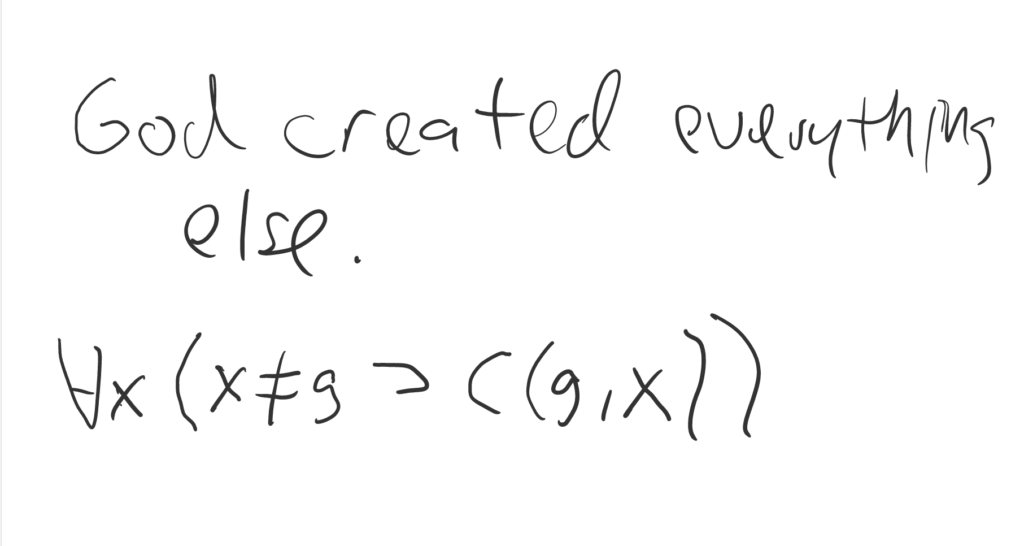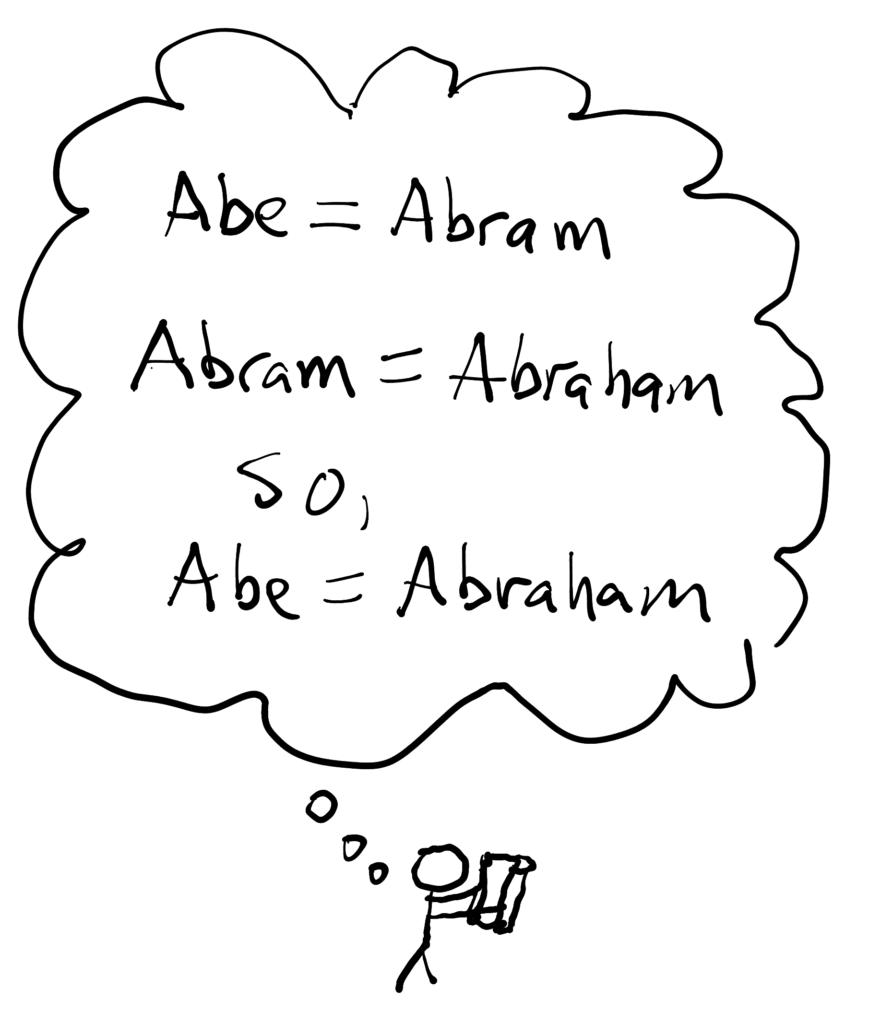Go offline with the Player FM app!
podcast 373 – Book Session Identity Crisis – Part 2
Manage episode 387691674 series 2576835

In this second part (part 1 here) you’ll hear the mutual interrogation portion of the EPS session on book One God, Three Persons, Four Views, with plenty of commentary by me and some extra relevant audio. This portion of the session contains a number of interesting exchanges. Among them:
- Hasker (via McIntosh) asks me whether my views entail that God’s spirit has failed to lead the Church into all truth (John 16:13).
- Branson asks Craig how, if most ancient people lacked the concept of numerical identity, they were able to count.
- Branson asks me how many saviors (or “saviors”) I think there are.
- Craig asks me how I could totally miss his point in the book.
- Craig asks Branson if Branson is committed to the controversial thesis of numerical sameness without identity.
- I ask Craig how he can talk about a tripersonal god while also saying that “the Trinity” is a plural referring term, not referring to any one, individual thing.
- I ask Craig how he could possibly show that Jesus “is God” is the second-highest use of the term “God,” where it doesn’t imply being a god.
- I ask Branson whether creedal orthodoxy, rightly understood, rules in or rules out people who identify the only god with the Trinity (i.e. the triune god).
Craig urges, as he did in part 1, that most ancient people either lacked a concept of numerical identity (represented in modern logics by the symbol =) or at least that they did not have a modern grasp of that concept, so that they could explain it like this. You will hear in this episode how he came to this conviction. In his view this is a simple argument by which to show that any unitarian interpretation of the New Testament (i.e. any one on which the authors hold that the unique God and the Father are one and the same), is an historical anachronism, and so needn’t be taken seriously.
I push back both in the session and in the commentary here, urging via a thought-experiment and via examination of a couple of New Testament passages (John 7:41-42 and Luke 24:13-35), that ordinary ancient people did have a concept of same-thing-as or numerical identity. I also show, using some additional conference audio, that Craig is committed to their having that concept by the view he attributes to the authors of Scripture and to the Pre-Nicene “fathers” that God is the creator of absolutely everything else.

Links for this episode:
Reasonable Faith podcast episode: Dr. Craig’s Health Update
Tuggy, “Antiunitarian Arguments from Divine Perfection“
podcast 248 – How Trinity theories conflict with the Bible
McIntosh review of Craig, God Over All and Craig, God and Abstract Objects (website)
Craig, Cadbury Lectures: “God Over All” (2015) playlist
This week’s thinking music is “Cardboard Engineering” by Jesse Spillane.
302 episodes
Manage episode 387691674 series 2576835

In this second part (part 1 here) you’ll hear the mutual interrogation portion of the EPS session on book One God, Three Persons, Four Views, with plenty of commentary by me and some extra relevant audio. This portion of the session contains a number of interesting exchanges. Among them:
- Hasker (via McIntosh) asks me whether my views entail that God’s spirit has failed to lead the Church into all truth (John 16:13).
- Branson asks Craig how, if most ancient people lacked the concept of numerical identity, they were able to count.
- Branson asks me how many saviors (or “saviors”) I think there are.
- Craig asks me how I could totally miss his point in the book.
- Craig asks Branson if Branson is committed to the controversial thesis of numerical sameness without identity.
- I ask Craig how he can talk about a tripersonal god while also saying that “the Trinity” is a plural referring term, not referring to any one, individual thing.
- I ask Craig how he could possibly show that Jesus “is God” is the second-highest use of the term “God,” where it doesn’t imply being a god.
- I ask Branson whether creedal orthodoxy, rightly understood, rules in or rules out people who identify the only god with the Trinity (i.e. the triune god).
Craig urges, as he did in part 1, that most ancient people either lacked a concept of numerical identity (represented in modern logics by the symbol =) or at least that they did not have a modern grasp of that concept, so that they could explain it like this. You will hear in this episode how he came to this conviction. In his view this is a simple argument by which to show that any unitarian interpretation of the New Testament (i.e. any one on which the authors hold that the unique God and the Father are one and the same), is an historical anachronism, and so needn’t be taken seriously.
I push back both in the session and in the commentary here, urging via a thought-experiment and via examination of a couple of New Testament passages (John 7:41-42 and Luke 24:13-35), that ordinary ancient people did have a concept of same-thing-as or numerical identity. I also show, using some additional conference audio, that Craig is committed to their having that concept by the view he attributes to the authors of Scripture and to the Pre-Nicene “fathers” that God is the creator of absolutely everything else.

Links for this episode:
Reasonable Faith podcast episode: Dr. Craig’s Health Update
Tuggy, “Antiunitarian Arguments from Divine Perfection“
podcast 248 – How Trinity theories conflict with the Bible
McIntosh review of Craig, God Over All and Craig, God and Abstract Objects (website)
Craig, Cadbury Lectures: “God Over All” (2015) playlist
This week’s thinking music is “Cardboard Engineering” by Jesse Spillane.
302 episodes
All episodes
×Welcome to Player FM!
Player FM is scanning the web for high-quality podcasts for you to enjoy right now. It's the best podcast app and works on Android, iPhone, and the web. Signup to sync subscriptions across devices.




